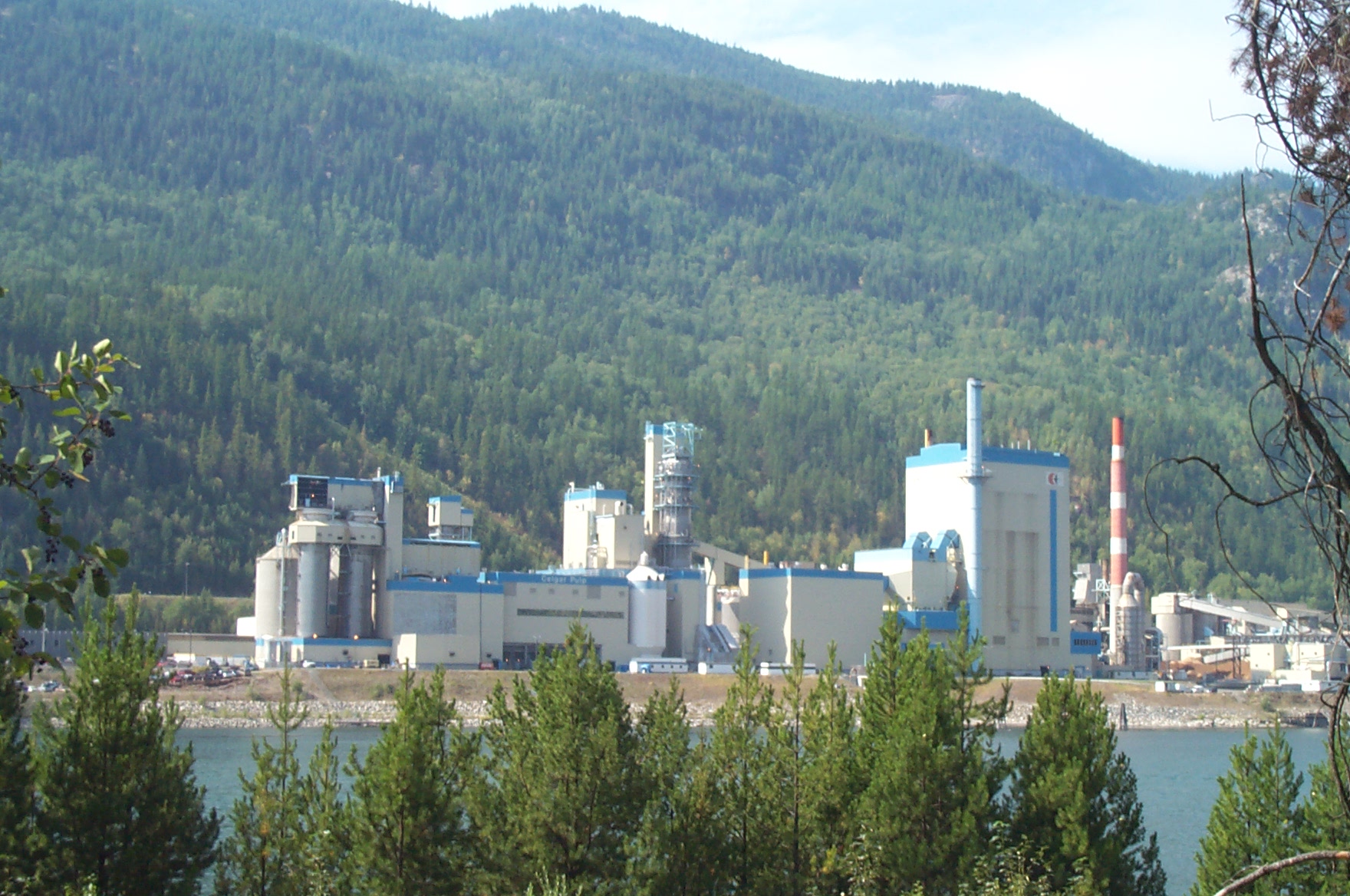Castlegar’s pulp mill has been fined $21,250 for exceeding its emissions limits on a handful of occasions and repeatedly failing to monitor its emissions over the past few years.
According to a decision issued this month by Stephanie Little, director of the Environmental Management Act, Mercer Celgar exceeded air emissions limits on four dates in 2024 and one date in 2025. The company was also cited for not monitoring its emissions — including reduced sulphur and sulphur dioxide from its boilers and lime kiln — on 71 days between 2023 and 2025.
While the maximum penalty for each contravention was $40,000, Little assessed fines of $6,250 for the excessive emissions and $15,000 for failing to monitor.
Each penalty included came with detailed arithmetic and rationales. While the excessive emissions were between 20 and 580 per cent over the limit, Little considered them to be “moderate” infractions, with no sustained impact to the environment.
“Given that [reduced sulphur] is generally associated with nuisance rather than than a risk of significant adverse health effects, these failures are characterized as moderate,” she wrote.
She assessed a base penalty of $5,000, which was increased by $1,250 because Mercer Celgar was previously fined $12,000 in 2024 and also received four warnings in the previous five years. She added another $1,000 because the failures happened repeatedly, over five days.
According to the decision, in response to each failure, Mercer Celgar investigated the cause and took actions. Little wrote that there was no evidence that the company did anything to increase the likelihood of exceeding emissions limits, gained no economic benefit by going over the limits, and made improvements to its recovery boiler controls from 2014 to 2020, although it did not prevent all failures.
Little deducted $1,000 because the company made some efforts to correct the failures and, as part of a maintenance shutdown in March, took action to prevent them from happening again. That brought the total down to $6,250.
As for the instances where the company failed to monitor its emissions, the base penalty was $10,000. Little increased that amount by $2,500 because of the previous fine and warnings.
The 71 instances included one missing quarterly monitoring, three missed monthly monitorings, and 568 hours of missed continuous monotoring, with the longest consecutive period being 69 hours in December 2024. Because it was a repeated failure, Little added on $4,000 to the penalty. She added another $500 for a “low level of deliberateness.”
She said the lack of monitoring was due to a variety of factors including maintenance, power outages, and government audits.
“Some of these causes are predictable but unavoidable and some are less predictable,” she wrote. “In many cases, Mercer Celgar had limited control over the events that constituted the failures.”
The bulk of the missed monitoring was attributed to maintenance, but “It is unclear how much of the missed monitoring was preventative maintenance and how much was reactive maintenance in response to a failure.”
She decreased the fine by $2,000 for the company’s efforts to fix and prevent the failures. The final total came to $15,000.
According to the ruling, Mercer Celgar declined an opportunity to be heard during the process. The company had 30 days following the Oct. 9 ruling to either pay the fine or appeal the decision.
We’ve asked the company for comment.






